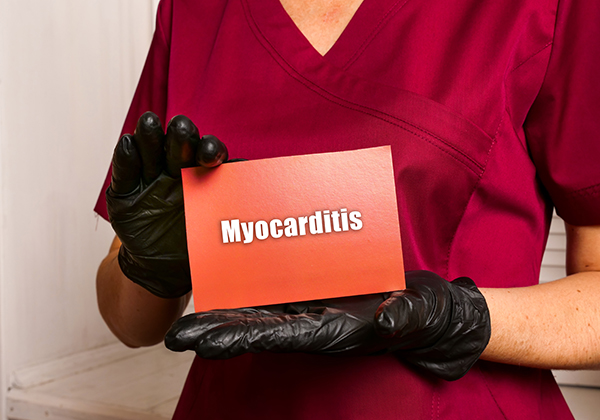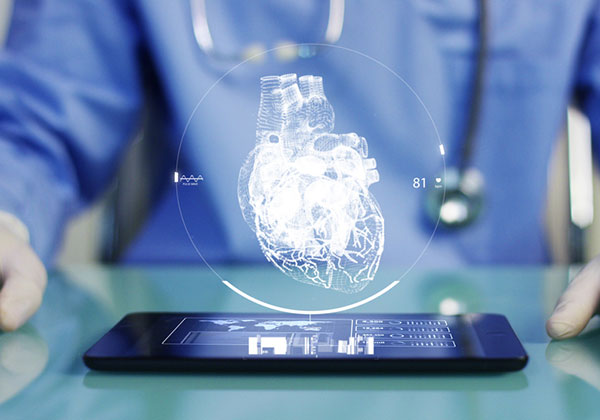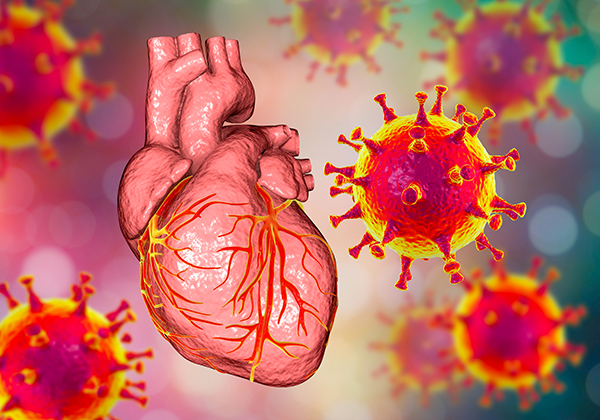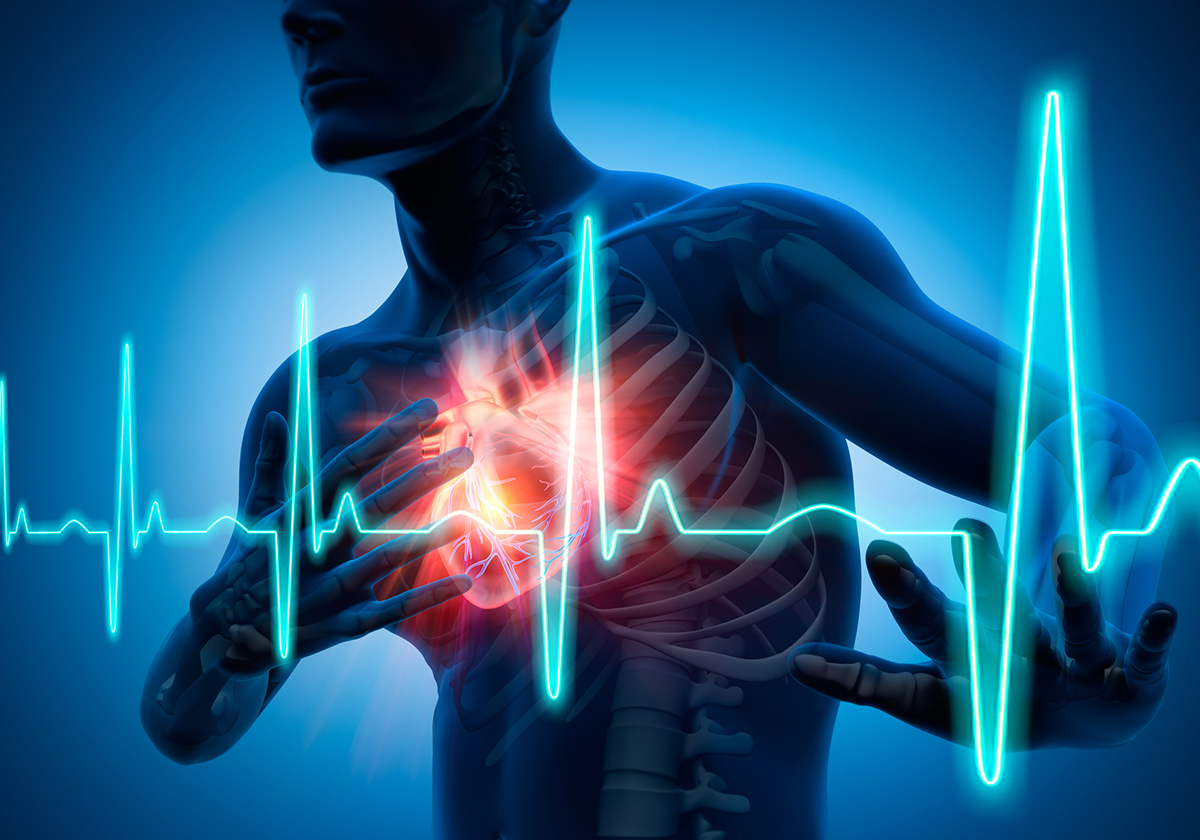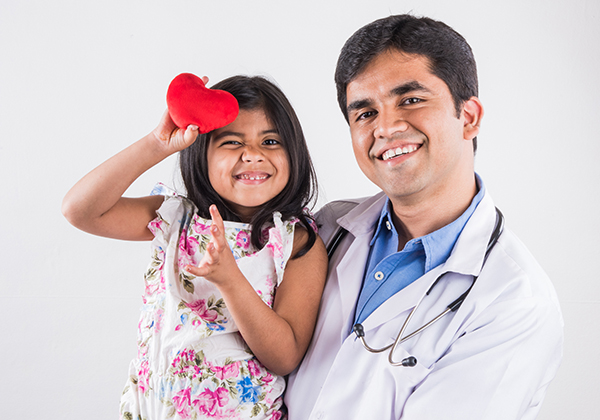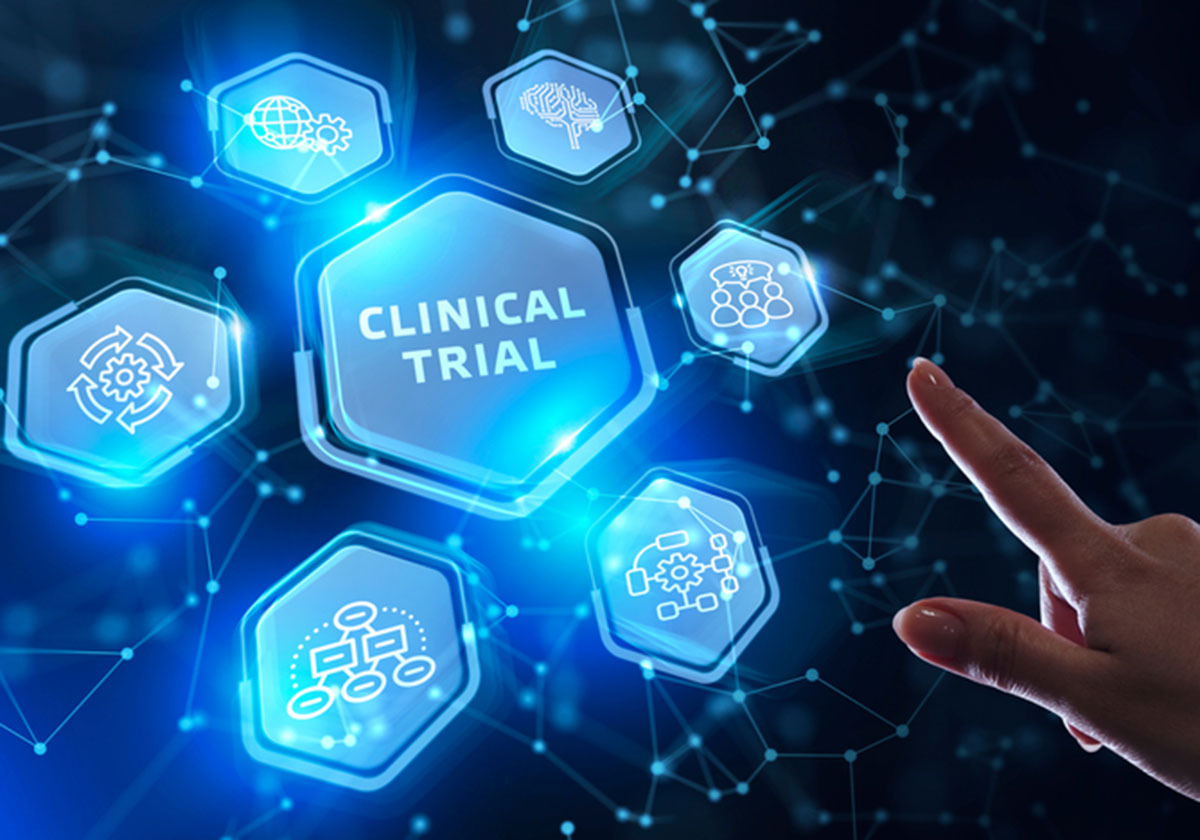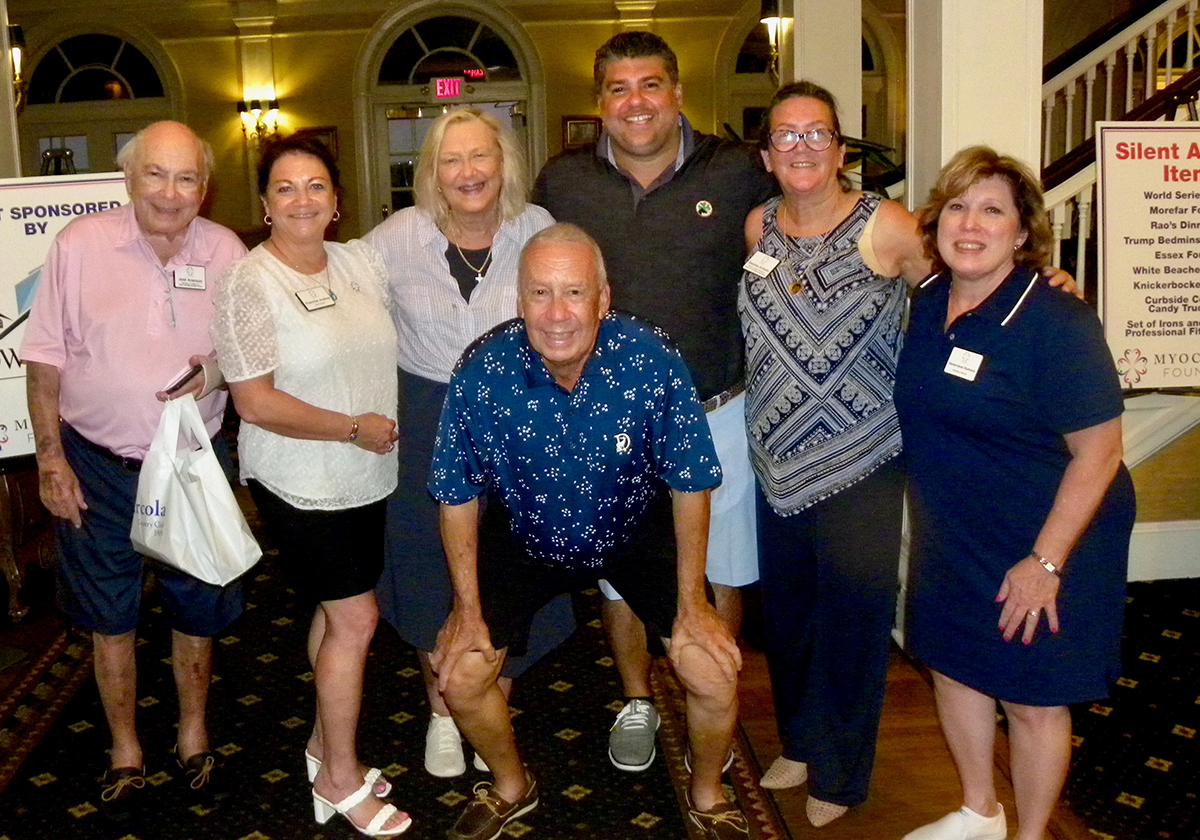(281) 713-2962
800 Rockmead Drive, Suite 155
Kingwood, TX 77339
[email protected]
UTSW HP [13-C] Pyruvate Injection in HCM (HPHCM)
Status: Recruiting
Location: University of Texas Southwestern
Conditions: University of Texas Southwestern
City/State:
Dallas, Texas
Contact Information:
Syed Ahsan
214-645-9269
[email protected]
To measure the regional myocardial [1-13C]lactate to [13C]bicarbonate ratio as an index of mitochondrial oxidation and glycolysis coupling in the heart. Advanced cardiac MRI will be used to characterize cardiac morphology, function, myocardial blood flow and fibrosis.
Heart failure is a major source of morbidity and mortality in the United States. Multiple studies have demonstrated that development of heart failure is related to alteration in cardiac metabolism. Specifically, such changes include a shift from fatty acid oxidation to increased glucose utilization as energy source, with uncoupling of glycolysis and mitochondrial oxidation at the level of the pyruvate dehydrogenase complex. In human subject who were referred for LVAD placement, excised heart muscle samples exhibited significant increase in expression of pyruvate kinase M2 (PKM2) compared to subjects with normal LV function.
Additionally, mechanical unloading decreased PKM2 expression suggesting a correlation between pyruvate utilization and severity of heart failure. Such changes metabolic alterations appear to precede the actual structural changes and might be a possible target for future therapies, although the timeline of such changes remains to be elucidated. Currently, it is unknown whether different types of CMP have different metabolic signatures.
Efficacy and Safety Study of OATD-01 in Patients With Active Pulmonary Sarcoidosis
Status: Recruiting
Location: Molecure Investigative Site
Conditions: Molecure Investigative Site
City/State:
Birmingham, Alabama
Kansas City, Kansas
Baltimore, Maryland
Rochester, Minnesota
Cleveland, Ohio
Philadelphia, Pennsylvania
Charleston, South Carolina
Contact Information:
Theodoros Charitos, MD
+48789125928
[email protected]
Adult subjects (≥ 18 years of age) diagnosed with symptomatic pulmonary sarcoidosis and active granulomatous process captured by [18F]Fluorodeoxyglucose Positron emission tomography/computed tomography ([18F]FDG PET/CT) imaging, treatment-naïve or previously treated but currently untreated, will be enrolled in the study. The diagnosis of pulmonary sarcoidosis will be based on the diagnostic criteria for pulmonary sarcoidosis recommended by the American Thoracic Society (ATS, 2020).
Subjects will be randomized in a 1:1 ratio to receive either OATD-01 or placebo for 12 weeks. A stratification of the study population based on previous treatment status for sarcoidosis (previously treated/treatment-naïve) will be applied for statistical analysis without limitation for the ratio between the subject groups. Double-blind conditions will be kept for the whole treatment duration.
Foundation for Sarcoidosis Research Advanced Cures Registry (FSR-SARC Registry)
Status: Recruiting
Location:
Conditions:
City/State:
Chicago, Illinois
Contact Information:
Leslie Serhuck, MD MA Mbioethics
312-341-0500
[email protected]
Tricha Shivas, MBe
312-341-0500
[email protected]
Participants review a document, Understanding Your Participation, and check boxes on the Participant Informed Consent document that confirms they understand the risks/benefits of participation (or Assent if the patient is a minor age 7-18), they create an online account, and then are asked to complete the baseline survey questionnaire. Participants confirm they understand that their participation is completely voluntary, that their identifying information will be secured and encrypted, their private health information will be stored separately in a secure database. Their private information will never be shared with other people, unless its required by law. The registry may share de-identified information with researchers and other databases. Their personal information will be protected and not shared. They may choose to stop their participation at any time by contacting FSR. They are not required to fill out all the questions and can leave any unanswered. They will be contacted by the registry once a year to update or correct their health information. They can choose to be contacted by FSR if a study becomes available that they may wish to know more about.
Multimodal and Multidisciplinary Approach to optimize Diagnostic, Prognostic, and Therapeutic management of Patients with Nonischemic Cardiomyopathies and Arrhyhmogenic-Inflammatory phenotypes
Status: Recruiting
Location: IRCCS San Raffaele Scientific Institute
Conditions: IRCCS San Raffaele Scientific Institute
City/State:
Milan, Italy
Contact Information:
Giovanni Peretto, MD
+39 (022) 643-7482
[email protected]
Brief Summary:
- nonischemic cardiomyopathies (NICM) constitute a heterogeneous group of diseases characterized by distinct structural and functional myocardial abnormalities in the absence of obstructive epicardial coronary artery disease. To date, there is a huge lack of knowledge related to two main aspects of NICM, namely the “arrhythmogenic” and the “inflammatory” phenotypes, hereby named as AINICM. This study is multicenter, observational and both retrospective and prospective and aims to answer multiple unsolved questions in the field of AINICM:
- Improving the diagnostic workup
- Identifying disease-specific signatures
- Working our models for risk prediction
- Tailoring treatment strategies
- Allowing direct comparison among specific NICM subgroups, i.e. dilated, hypertrophic, nondilated, arrhythmogenic, restrictive, and other rare cardiomyopathies.
Pulmonary Care and Research Collaborative Patient Registry
Status: Recruiting
Location:
Conditions:
City/State:
Boston, Massachusetts
Contact Information:
Aliaa Barakat, PhD
617-895-6636
[email protected]
Arthur Dea, BA
617-895-9879
[email protected]
Rheumatology Patient Registry and Biorepository
Status: Recruiting
Location: Yale-New Haven Hospital
Conditions: Yale-New Haven Hospital
City/State:
New Haven, Connecticut
Contact Information:
Nicolas Page
203-737-5571
[email protected]
A Study to Evaluate the Efficacy, Safety, and Tolerability of BMS-986278 in Participants With Progressive Pulmonary Fibrosis
Status: Not yet recruiting
Location: Stanford Hospital and Clinics, University Hospitals Cleveland Medical Center
Conditions: Stanford Hospital and Clinics, University Hospitals Cleveland Medical Center
City/State:
Stanford, California
Cleveland, Ohio
Contact Information:
BMS Study Connect Contact Center www.BMSStudyConnect.com
855-907-3286
[email protected]
Mayo AVC Registry and Biobank
Status: Recruiting
Location: Mayo Clinic in Rochester, University of Kansas Medical Center
Conditions: Mayo Clinic in Rochester, University of Kansas Medical Center
City/State:
Rochester, Minnesota
Contact Information:
Nicholas Wozniak
+1 507 2558794
[email protected]
Anwar A Chahal, Ph.D.
[email protected]
Arrhythmogenic ventricular cardiomyopathy (AVC) is a genetic condition which affects the heart and can lead to heart failure and rhythm problems, of which, sudden cardiac arrest or death is the most tragic and dangerous. Diagnosis and screening of blood-relatives is very difficult as the disease process can be subtle, but sufficient enough, so that the first event is sudden death.
The Mayo Clinic AVC Registry is a collaboration between Mayo Clinic, Rochester, USA and Papworth Hospital, Cambridge University Hospitals, Cambridge, UK. The investigators aim to enroll patients with a history of AVC or sudden cardiac death which may be due to AVC, from the US and UK. Family members who are blood-relatives will also be invited, including those who do not have the condition. Data collected include symptoms, ECG, echocardiographic, MRI, Holter, loop recorder, biopsies, exercise stress testing, blood, buccal and saliva samples.
Objectives of the study:
- Discover new genes or altered genes (variants) which cause AVC
- Identify biomarkers which predict (2a) disease onset, (2b) disease progression, (2c) and the likelihood of arrhythmia (ventricular, supra-ventricular and atrial fibrillation)
- Correlate genotype with phenotype in confirmed cases of AVC followed longitudinally using clinical, electrocardiographic and imaging data.
- Characterize desmosomal changes in buccal mucosal cells with genotype and validate with gold-standard endomyocardial biopsies
Sudden cardiac arrest (SCA) accounts for over 360,000 deaths in the US and 400,000 in Europe per annum, including thousands under the age of 40 who die unexpectedly and without warning. Whilst the majority of SCAs are triggered by heart attacks, in those under the age of 40 years this tends to be due to genetic heart disease, which if identified early may save lives of other family members. Epidemiological and post-mortem studies have shown arrhythmogenic ventricular cardiomyopathy (AVC) as a leading cause of SCA, responsible for up to 25% of deaths in this age group.
AVC is a highly clinically and genetically heterogeneous condition, which results in fibro-fatty replacement of myocardium which may lead to ventricular dysfunction, heart failure, electrical rhythm disturbances and SCD. Although AVC predominantly affects the right ventricle (ARVC), it can affect both the right and left ventricle, or the LV in isolation (ALVC) and result in a type of dilated cardiomyopathy (DCM) with a propensity for arrhythmia (aDCM). Recent reports of aDCM with a familial distribution suggests this is undiagnosed AVC, reflecting heterogeneity and limited understanding. AVC is considered a disease of the desmosome (cell-adhesion proteins) and this has led to identification of desmosomal mutations (plakoglobin, plakophilin-2, desmoplakin, desmoglein-2 and desmocollin), mostly inherited in an autosomal dominant manner with incomplete penetrance and variable expressivity. Non-desmosomal genes have also been discovered (desmin, titin, RYR2, transforming growth factor -3, transmembrane protein 43 and phospholamban). Together, these only account for 50-60% of known AVc-related mutations, with the remainder being genetically undetermined. Additionally, multiple mutations also exist within families and within individuals further compounding the complexity of AVC. Inter and intra-familial variability is inexplicable with current knowledge, and suggests epigenetic and environmental factors contributing to phenotype. Disease expression is highly variable even amongst members of the same family with the same mutation making clinical detection and cascade screening a challenge. Finally, predicting which patients are at risk of SCD who have AVC or may have AVC is difficult and potentially lethal. Since SCD can be the first lethal and tragic manifestation of the disease, optimizing screening strategies is of paramount importance. The long-term goals of this program are to leverage our well-phenotyped cohort of patients with AVC at Mayo Clinic and Papworth Hospital, University of Cambridge, , enroll others and to discover novel pathogenic variants, correlate genotype with phenotype, and develop robust screening tools for the diagnosis of AVC and preventing SCD.
Overall hypothesis: that the onset of AVC can be reliably and accurately predicted in first-degree relatives of index cases using genetic, electrocardiographic (ECG) and imaging data.
Aim #1: Identify novel candidate genes and variants associated with AVC (including cases involving the right, left and the dilated cardiomyopathy types). This aim will be accomplished using next generation sequencing of probands-family member trios “genomic familial triangulation” approach and an innovative bioinformatics, statistical, and systems based biology approach.
Aim #2: Correlate genotype with phenotype in confirmed cases of AVC followed longitudinally using clinical, ECG and imaging data to 2a. predict disease onset; 2b. predict disease progression; and 2c. predict the likelihood of arrhythmia (ventricular, supra-ventricular and atrial fibrillation).
Aim #3: Combine registries from the Mayo Clinic, Rochester, USA and Papworth Hospital, University of Cambridge, UK, to study longitudinal data and correlate genotype with phenotype.
Aim #4: Characterize desmosomal changes in buccal mucosal cells with genotype and validate with gold-standard endomyocardial biopsies.
Project approval:
This study is approved by the Mayo Clinic IRB and Papworth Hospital NHS Foundation Trust for collation of existing data to develop the registry.
New directions for the project will seek appropriate approval by the IRB of each site in due course.
Recruitment strategy:
Patients who are already seen at Mayo Clinic Rochester and Papworth Hospital sites will be enrolled, provided research authorization is active. A HIPPA waiver has been approved as the registry collates existing data. Standard Mayo Clinic policy is to inform patients that clinical data can be utilized for research purposes, and patients are asked to specifically decline research authorization if they wish to opt out. A similar system is in place at Papworth Hospital.
For specific aims which require blood or other bio-specimens for the biobank, a separate IRB will be utilized and this requires a signed consent form.
Baseline data includes but is not limited to the following, at index presentation or screening visit for first-degree relatives:
- Baseline demographics
- Clinical history
- Examination findings including features suggestive of cardio-cutaneous syndromes etc.
- Family history of at least 3 generations. An online tool will be utilized for generating a pedigree (http://www.progenygenetics.com/online-pedigree)
- Serial ECG data (12-lead, signal-averaged and Brugada protocols)
- Continuous ECG monitoring data (Holter, extended-Holter, event recorders, implantable loop recorders etc.)
- Imaging data (echocardiography, cardiac MRI, cardiac CT)
- Cardiopulmonary exercise testing or exercise stress testing
- Questionnaires on exercise capacity, activities of daily living (these will be approved by the IRB if self-completed by patients)
- Cardiac catheterization data
- Existing genotyping data (including methods used)
- Where available, endomyocardial biopsy data
For clinical follow-up visits and screening follow-up of first-degree relatives, in addition to those test above, the following will be collected:
- Cardiac implantable electronic devices data
- Cardiac electrophysiology studies, and where catheter ablation delivered, this will be recorded
Biobank for genotyping and novel variant discovery:
Current guidelines recommend genetic testing for index cases and blood-relatives. Where this is performed and available, this will be collected.
Probands and their blood-relatives will be invited to participate in this optional component of the study. Blood, saliva and buccal scrapings will be collected from probands and blood relatives, to identify current pathogenic variants associated with AVC, and to discover novel variants.
Biobank for novel biomarker discovery:
Blood will be stored at baseline and subsequent visits to test for known blood-biomarkers of disease progression (such as high-sensitivity cardiac troponins, natriuretic peptides, high-sensitivity CRP and cytokines). Blood will also be stored for high throughput ‘omics (transcriptomics, metabolomics and proteomics) to identify novel biomarkers which reflect disease progression, prognostication and crucially help illuminate new biological pathways.
Annual Clinical Assessment:
Most patients with AVC are followed-up annually or more frequently dependent upon symptoms. At each follow-up an ECG and/or Holter is usually performed. The investigators will ensure each site performs this consistently. Data generated will be used for the registry. In addition, investigators may contact patients by telephone to assess symptoms (following IRB approval).
Follow-up at every 3-year interval:
Clinical guidelines for screening first-degree relatives recommend follow-up approximately every 3 years, as phenotype expression can be delayed (with the exception of familial cases where a pathogenic variant has been identified, and the blood-relative is negative). Thus, this time period has been chosen for subsequent follow-up visits, where patients will be re-assessed by 2010 Task Force Criteria for evidence of AVC. This follow-up visit will include:
- Clinical history
- Examination
- ECG (12-lead and signal-averaged)
- Holter monitoring
- Repeat cardiac MRI
- Exercise testing (CPET or treadmill)
It is our objective to continue this registry indefinitely, in order to capture adequate event rates for valid and accurate modelling to predict disease progression.
Data Collation and Management:
The investigators will use the REDCap (Research Electronic Data Capture) tool for completion of case report forms at enrollment and follow-up visits (link to a demonstration website https://projectredcap.org). The servers are based in-house at Mayo Clinic, with access only provided to approved study personnel. No personal identifiable information will be collated online. All cases will have a unique study ID, with the key to link each subject ID to patient identifiable data located at each site, and only available to the PIs and senior research personnel.
The data stored is considered confidential and will not be disclosed to any 3rd parties, with the exception of the participants clinical health-care providers responsible for the patient’s welfare.
Interstitial Lung Disease Research Unit Biobank
Status: Recruiting
Location: University of Kansas Medical Center
Conditions: University of Kansas Medical Center
City/State:
Kansas City, Kansas
Contact Information:
Kimberly Lovell, Ph.D.
913-588-6067
[email protected]
A Study of the Natural Progression of Interstitial Lung Disease
Status: Recruiting
Location: University of Chicago
Conditions: University of Chicago
City/State:
Chicago, Illinois
Contact Information:
Spring Maleckar
773-834-4053

